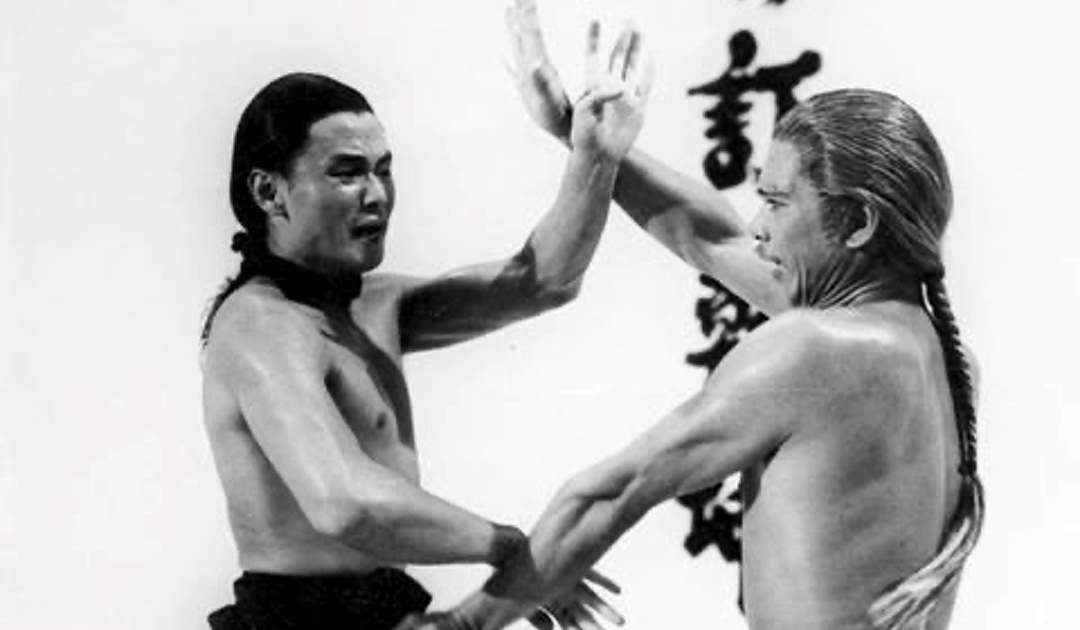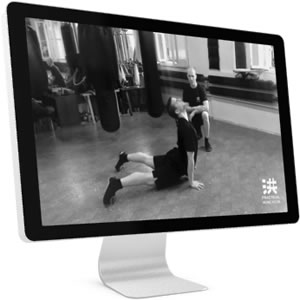
Question: Sifu Macek, can you please briefly explain the “Twelve Bridge Hands” of Hung Ga Kuen? As your school is called Practical Hung Kyun, I would appreciate some practical examples of how to use the “Twelve Bridges” in training or a real fight.
Jorge C.
Answer: First two Bridges – Hard, Soft (Gong, Yau) and the last two Bridges – Control, Adapt (Jai, Ding) are a general Yam/Yeung (Yin/Yang) framework of the remaining eight. We at Practical Hung Kyun want to end up the confrontation as fast as possible, using hard power and total control. If we meet a stronger opponent, we use soft power and adapt to the opponent’s action.
I took your question as a challenge, and tried to explain the “Twelve Bridge Hands” of Hung Ga in twelve lines/paragraphs.
Here we go:
- Hard (Gong): End up the confrontation as fast as possible, using hard power. Strike hard with “Heavy Hand” and finish it right here, right now.
- Soft (Yau): If you meet superior force, “borrow” his strength and use it against the opponent; you still need (some) strength though!
- Press (Bik): Press the opponent to his heels, force him to retreat and defend, because – defending is loosing.
- Straight (Jik): If you lose contact, continue like a spring with straight attacks.
- Separate (Fan): Separate and break the contact if you need to.
- Fix (Ding): If you want to use your close range (or precise attacks) weapons (like elbows, finger pokes, etc.), fix the opponent first so you don’t miss.
- Inch (Chyun): See above – he can’t evade because you fix him, so attack the vulnerable spot (fingers to the throat, thumb in the eye… ).
- Lift (Tai): Lift him up (literally), or lift him up with your upward attacks.
- Keep (Lau): “Receive what comes”, and once you get ahold of him, don’t let him leave, continue with the beating – nowhere to escape!
- Send (Wan): Does he presses you? Don’t resist, use his strength against him and pull!
- Control (Jai): Subdue the opponent, control him, completely!
- Adapt (Ding): Don’t get fixed to “if he does this, I do this, and if he does that, I would do that” – adapt to the opponent’s actions.
How about a video next time? Readers, would you be interested?
Pavel Macek Sifu, Practical Hung Kyun
Basic exercises, techniques, sets, application drills, sparring, self defense, weapon training, strength and conditioning, names of the techniques, history, and philosophy…
Don’t hesitate and feel free to ask Pavel Macek Sifu anything that you would like to know or anything that you struggle with in your martial arts training!
Please use the email form below!
If you like the article and if you want to support our work, please add your comment, click “tweet” or “like”. Your support will help us and encourage us to publish and share more articles and videos in the future!
Thank you for every visit, “tweet”, “like” or comment!
Upcoming Events!
No upcoming events
-

Chinese Martial Arts: The Secrets of the Old Grandmasters
$9,95 Add to cart -
Sale!

PHK Intro Kit: Beginner’s Guide to Chinese Martial Arts
Original price was: $149,00.$79,00Current price is: $79,00. Add to cart -

Chan Hon Chung Sifu – “Moon Shadow Hand & Kick Poster
$9,95 Add to cart -

Chan Hon Chung’s Tiger and Crane Double Form Set Manual
$19,95 Add to cart
![]()

